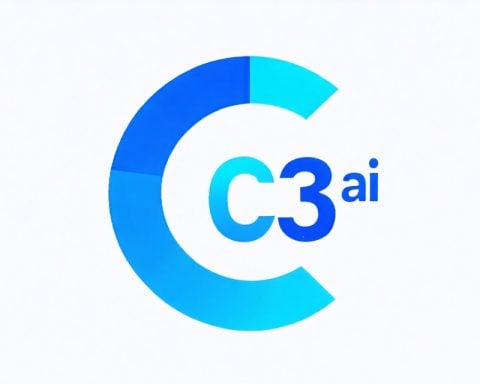In the fast-paced world of technology, NVIDIA is setting a new course, reshaping the future of smartphones. Known for its groundbreaking GPU technologies, NVIDIA is now exploring unprecedented avenues by optimizing AI capabilities directly on smartphones. This innovative approach is centered around enhancing real-time processing power tailored for mobile devices.
Revolutionizing Smartphone AI
Traditional smartphone processors have been limited in how they handle intensive AI tasks. However, NVIDIA aims to revolutionize this by integrating their cutting-edge technology, which facilitates real-time machine learning and AI applications. This integration means that tasks like image recognition, augmented reality, and voice processing can be executed more efficiently, without relying heavily on cloud-based servers. This enhances performance, reduces latency, and significantly improves user experience.
Empowering Developers and Users
Another facet of NVIDIA’s new direction is its commitment to empowering developers. The company is launching a comprehensive suite of tools designed to help developers create more robust and intricate AI applications for mobile platforms. By providing access to their advanced AI frameworks, NVIDIA accelerates the pace at which developers can innovate and push the boundaries of what’s possible on a smartphone.
The Future is Now
NVIDIA’s latest initiative signals a transformative shift in smartphone technology. With AI becoming an integral part of everyday mobile applications, NVIDIA’s approach not only improves current smartphone capabilities but also sets the stage for future advancements. As smartphones become smarter, users can expect a more intuitive and seamless digital experience, illustrating NVIDIA’s pivotal role in driving technological evolution.
How NVIDIA’s AI Advancements Could Reshape Global Communication
As NVIDIA strides into the smartphone AI domain, the implications extend beyond mere technological progression and into realms affecting global communication and connectivity. By integrating AI capabilities directly into smartphones, NVIDIA not only reduces reliance on cloud-based servers but also addresses significant issues such as data privacy and connectivity challenges in remote areas.
Global Communication Revolution
The integration of AI technology directly onto smartphones means that users in regions with limited or unstable internet access no longer face barriers when utilizing AI-powered applications. Voice-activated assistants, real-time translation, and advanced data processing can operate seamlessly where cloud reliance previously rendered them ineffective. This democratizes access to cutting-edge technology, bridging digital divides across rural and urban communities.
Privacy Concerns and Benefits
While the reduction of cloud dependency enhances performance, it also strengthens data privacy by minimizing the transmission of personal information to remote servers. This shift addresses growing concerns over data breaches and unauthorized surveillance. However, with increased onboard processing, users must be mindful of potential device overheating and battery life reduction. Can manufacturers balance AI performance with efficiency? This remains a pivotal question as we forge ahead.
Controversies and Considerations
NVIDIA’s push into smartphone AI raises questions about industry competition. Established smartphone manufacturers and traditional tech giants might find themselves prompted to reconsider their AI strategies. Consumers, too, are left pondering: How will these changes impact app ecosystems and pricing?
As NVIDIA leads the charge, the tech world holds its breath in anticipation. Is this the end of cloud dependency, or merely an evolution in its usage patterns? Time will tell, but what’s certain is NVIDIA’s pivotal role in crafting tomorrow’s connectivity.
For more on NVIDIA’s innovations, check out this link.





















